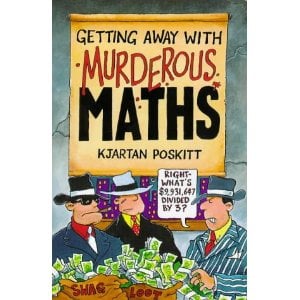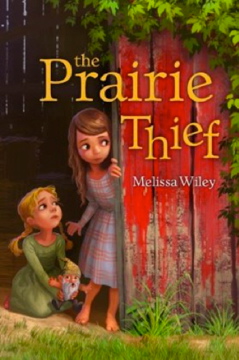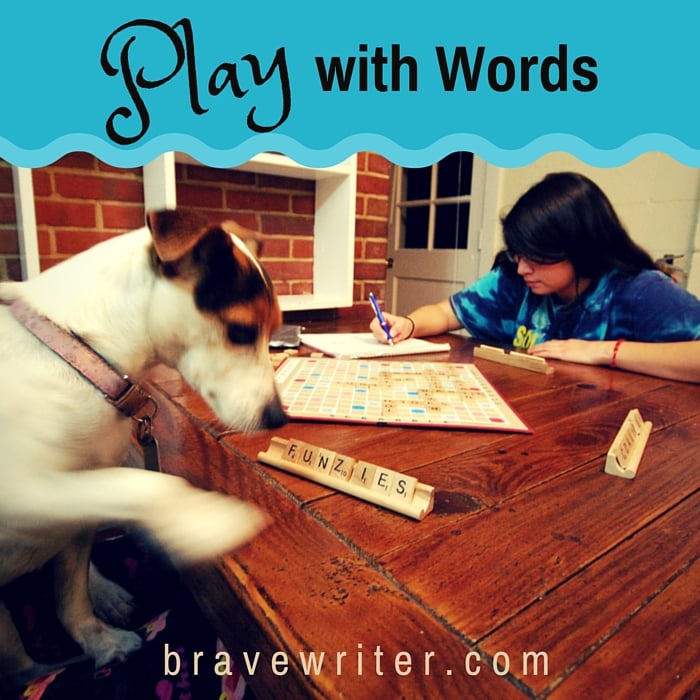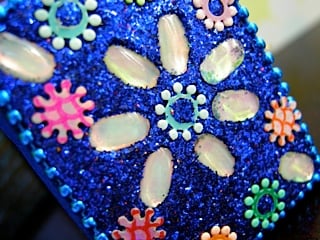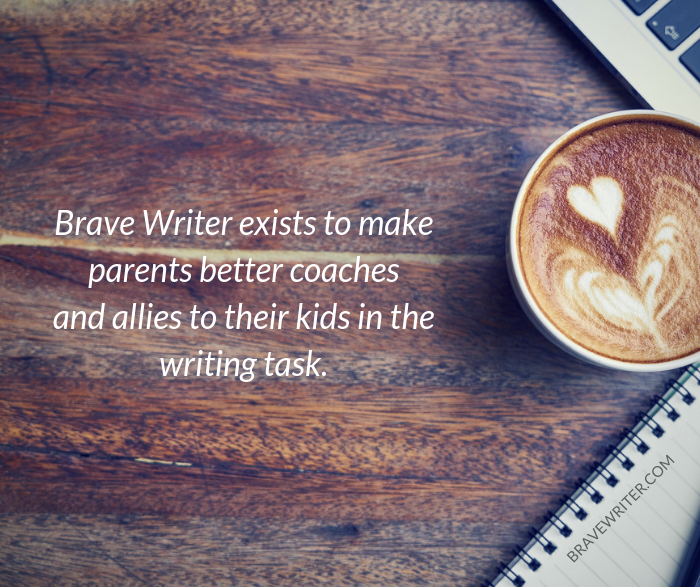Hi Julie,
Thanks to The Writer’s Jungle, I can now relax and teach writing in a more natural and fun way. Your blog has helped inspire our homeschooling and remind us of what really matters. I like your homeschool style and wonder if I could get your recommendations on any particular materials that you used over the years that you found to be valuable.
I get the idea that you are probably not the type to use a curriculum – but thought I would ask anyway. I’m sort of a curriculum junkie. I have two daughters, 12 and 10.
For the moment we are using the follow…..
- Math-U-See
- Singapore Math
- Apologia Science
- History Odyssey
- Writer’s Jungle and The Arrow
- Worldly Wise
I’ve wasted a lot of money on plenty of other resources.
Thanks so much,
Susie
——
Hi Susie!
I certainly did use a variety of curricula over the years. Some of it I regret (and cringe to think about now). Some of it I loved and would use again. And then for a period of some years, we unschooled (though the definition of that word varies group to group, but from my perspective, that is who we were).
Some of my favorite resources follow, as well as how I “solved” some of the needs we had where I didn’t purchase curricula. I have omitted choices I regretted.
Math:
- Miquon Math (For elementary school; combined with Cuisinaire rods—I literally didn’t understand multiplication until these books)
- Family Math (I loved this book – we did everything in it)
- Math-It (A game to learn multiplication tables quickly)
- Keys to… (Fractions, Decimals, Percents)
- Murderous Maths (Hands-down the most fun we’ve ever had with math; lots of volumes)
- The I Hate Mathematics Book and Math for Smarty Pants by the Brown Paper School company
- Saxon Math for Algebra and Geometry
- Tutoring for math in exchange for writing help between homeschool families
- Paid tutoring for high school math
- Parttime enrollment at the local high school
History:
- Sonlight (back when the Instructor’s Guides weren’t so enormous)
- Well Trained Mind for a reading list, and Story of the World books
- Personal rabbit trails and my own interests
- (My regrets are in this category more than any other so the list appears to be short.)
Science:
- Charter member of HENSE (Home Educators Neglecting Science Education)
- Kitchen chemistry experiments from books
- Ring of Fire Rock Study Kits (These are fabulous!!)
- DK books
- A telescope
- Nature journaling
- Bird study through the Cornell Lab of Ornithology, including their BIG book and course.
- Biology through our co-op
- Chemistry through the local high school
Language arts:
- Wordly Wise (some of my kids loved these and others thought they were twaddle)
- Explode the Code
- Ruth Beechik (everything she wrote)
- Charlotte Mason
- My own writing resources
- Grammar Songs
- Winston Grammar and Advanced Winston Grammar
- Word Roots
- Leon Garfield’s Shakespeare Stories (both volumes)
- Literature—selected by consulting reading lists for each age bracket and my own memories, the kids’ dad, and online trolling.
Logic:
Art:
- Sister Wendy’s Story of Painting (Oh My Goddess!! I just googled and all of her “videos” are now online for free. Just the music alone sent me wheeling with memories and happiness. Don’t miss these.)
- Linnea and Monet’s Garden (Then look at the recommended books and you will see all the others we read and enjoyed!)
- Any museum in driving distance, regularly visited. Bought the books in the museum shop to review at home.
We also had fun with Ancient Greek, Rosetta Stone Chinese (didn’t get far in it, but it was fun to wet our feet), and Power Glide for French. Still, in the end, it was much easier for my kids to learn foreign languages in school (they attended the local high school for language learning, all except Noah who studied Klingon on his own <g>).
Hope that helps! Would love to hear about other favorite resources in the comments below.

